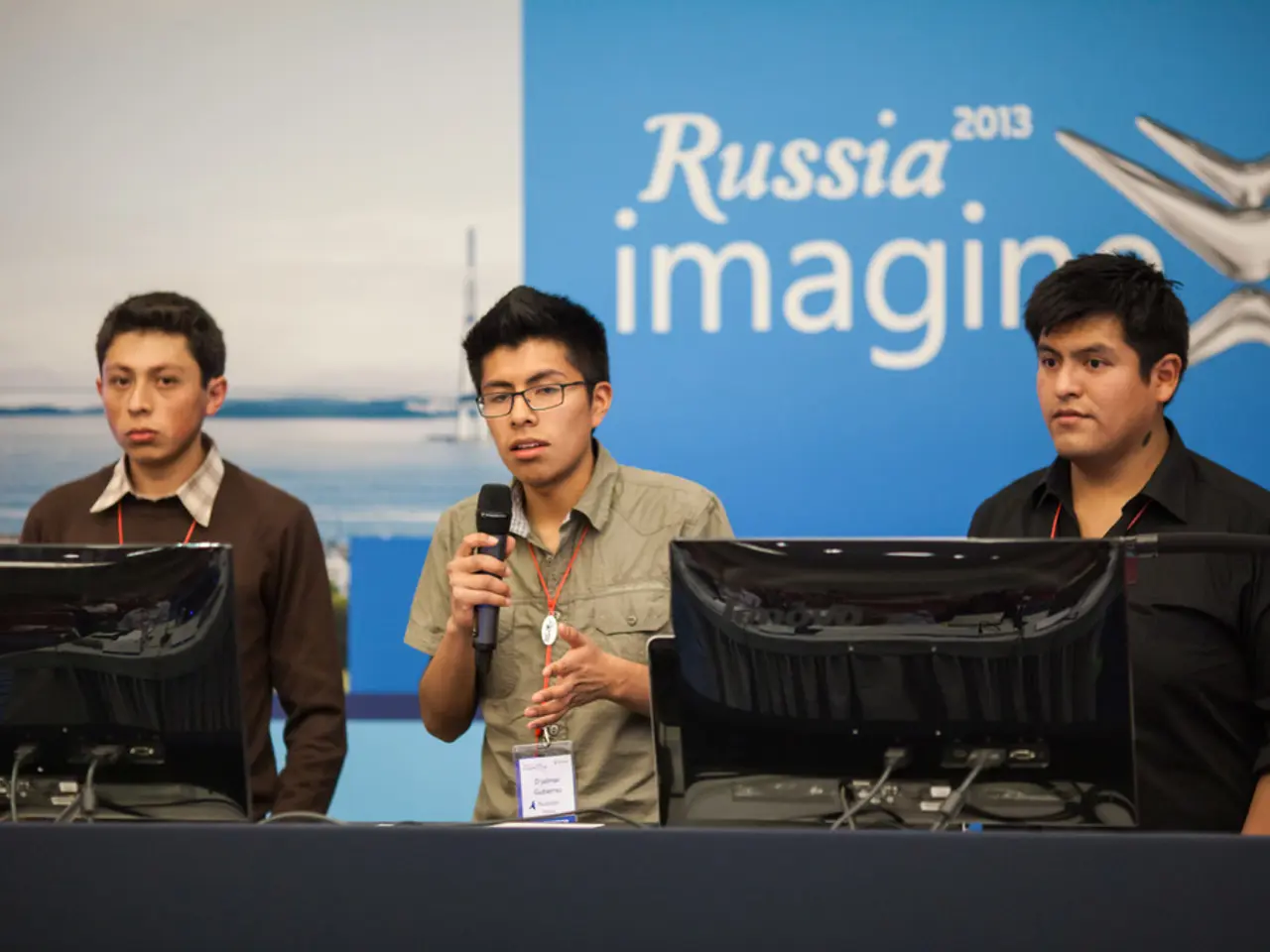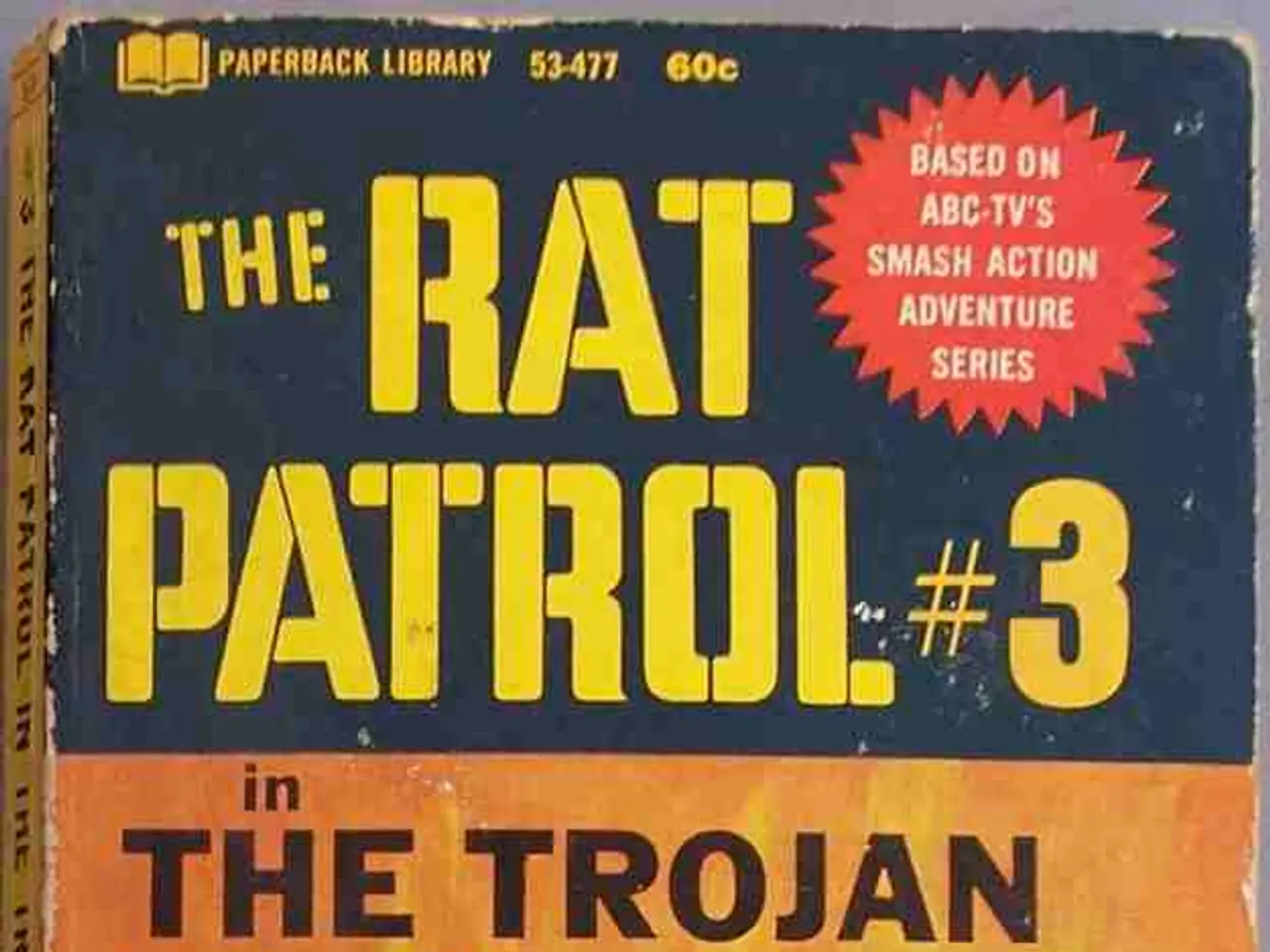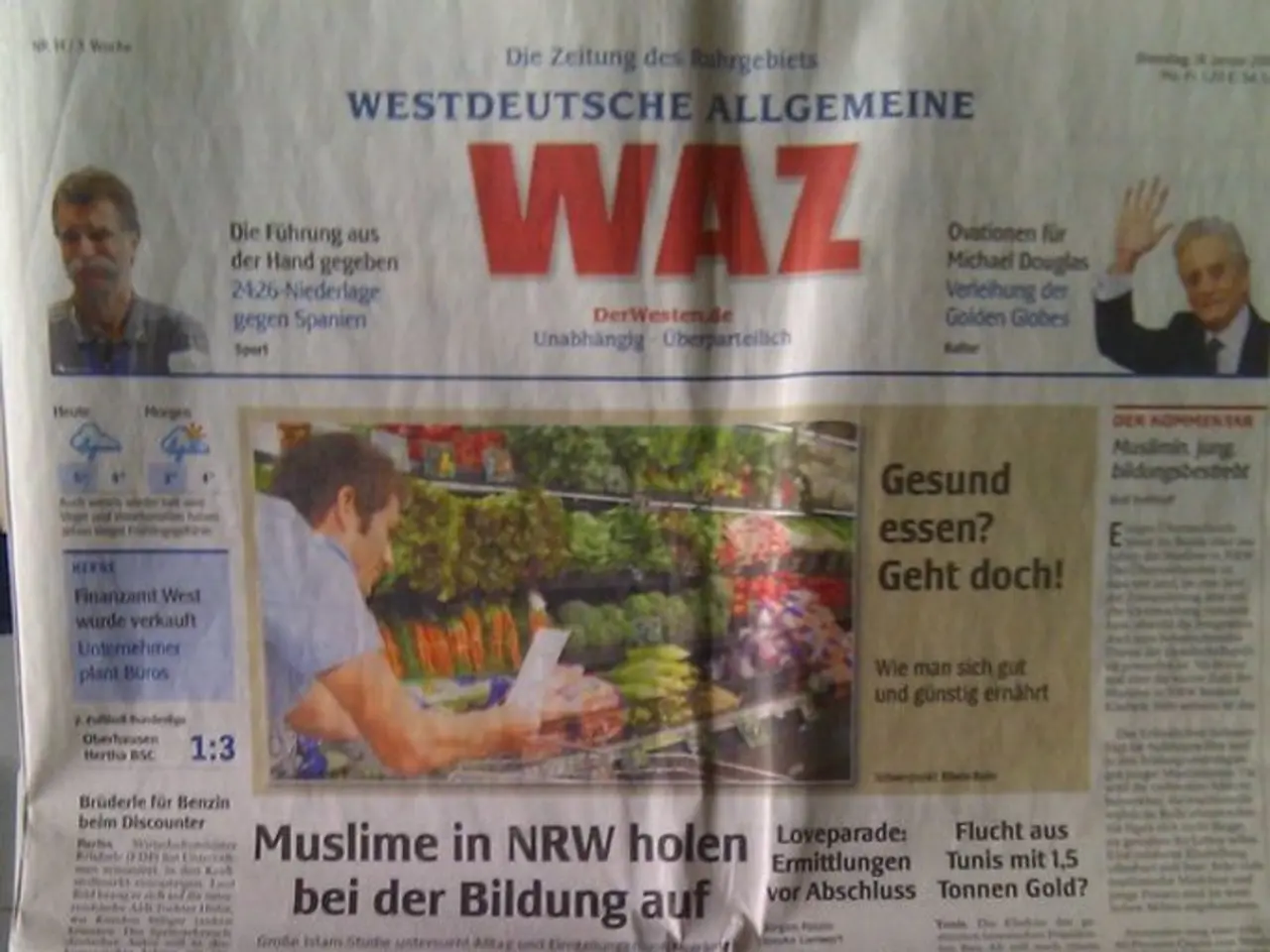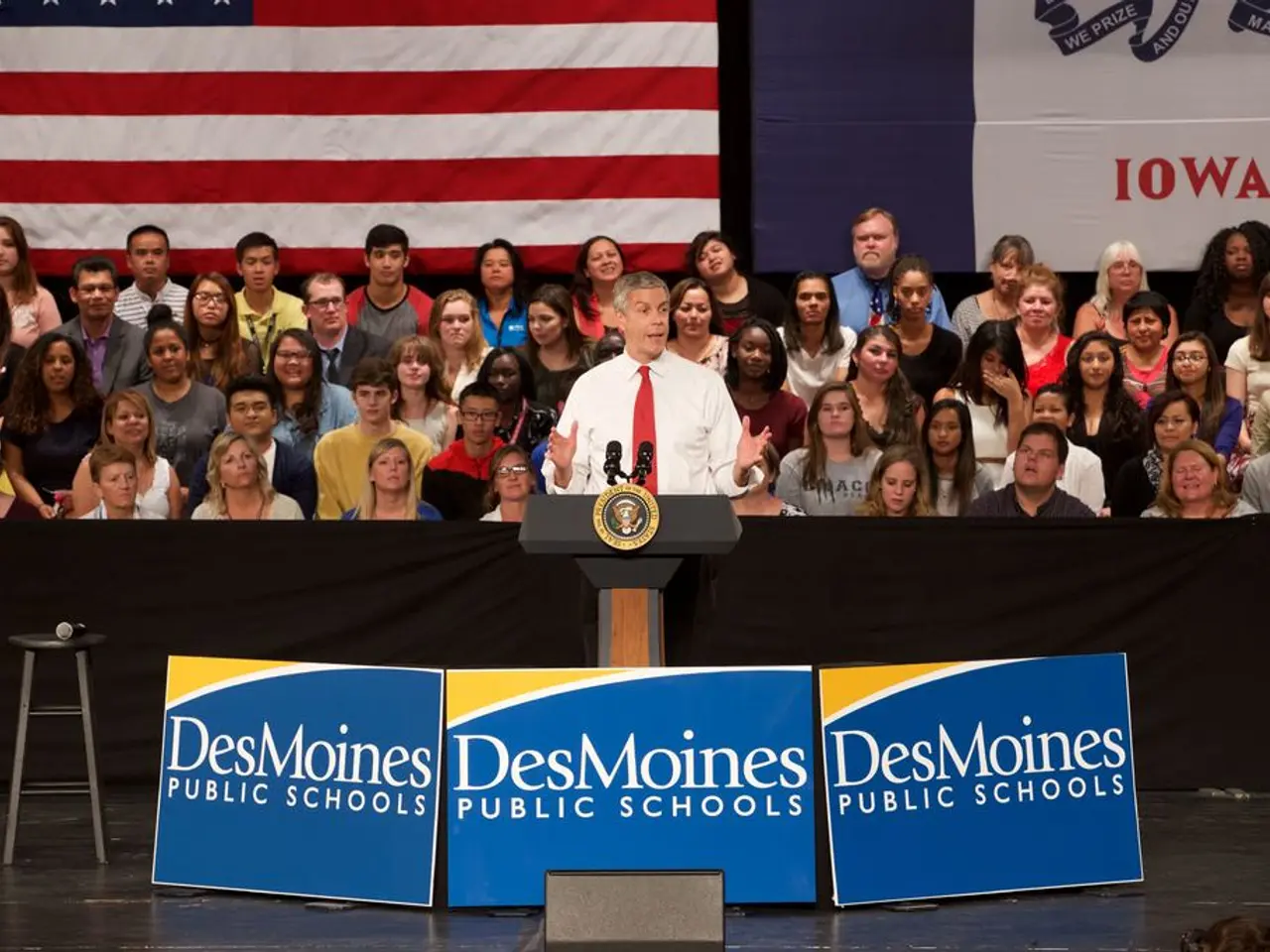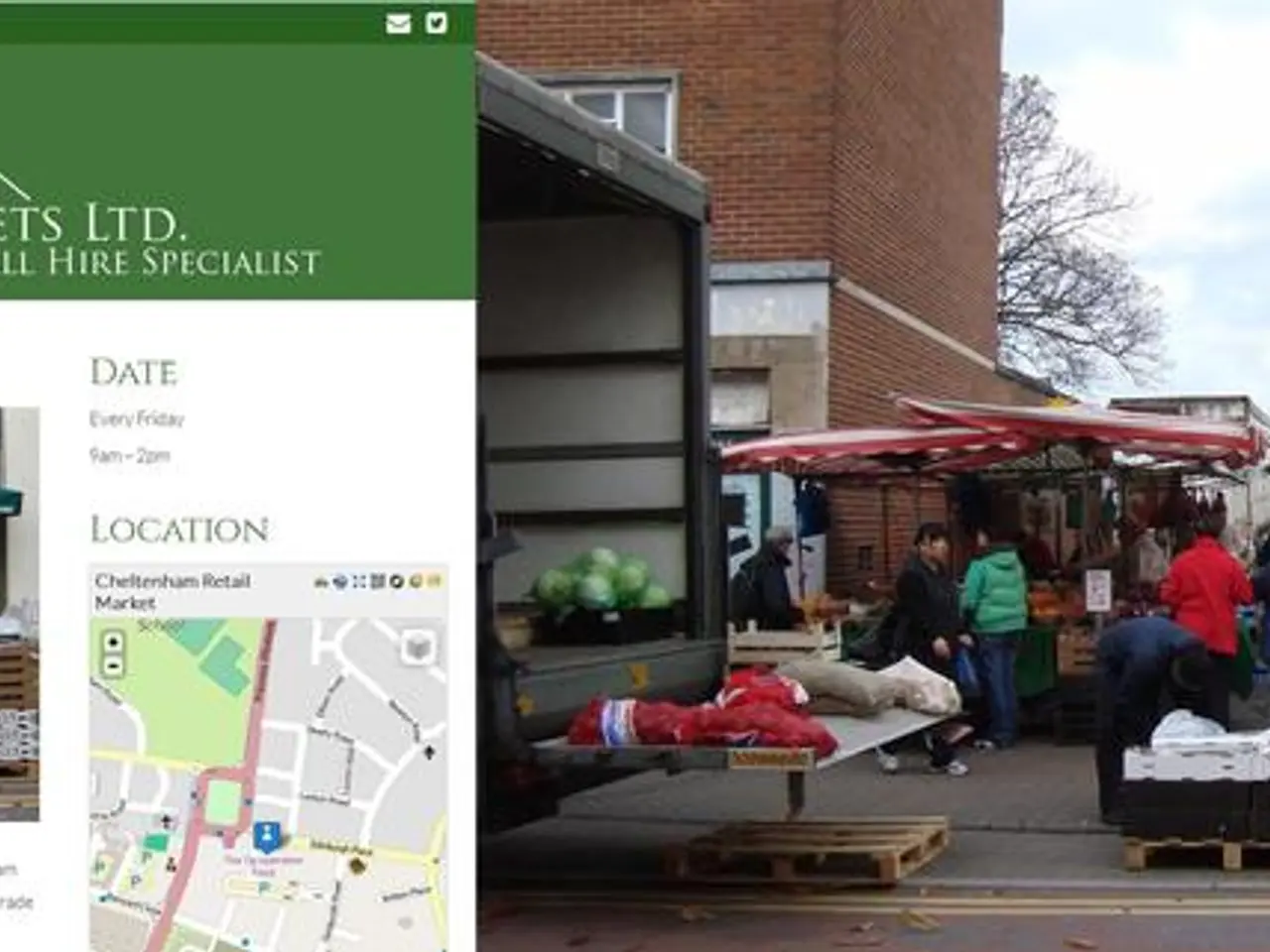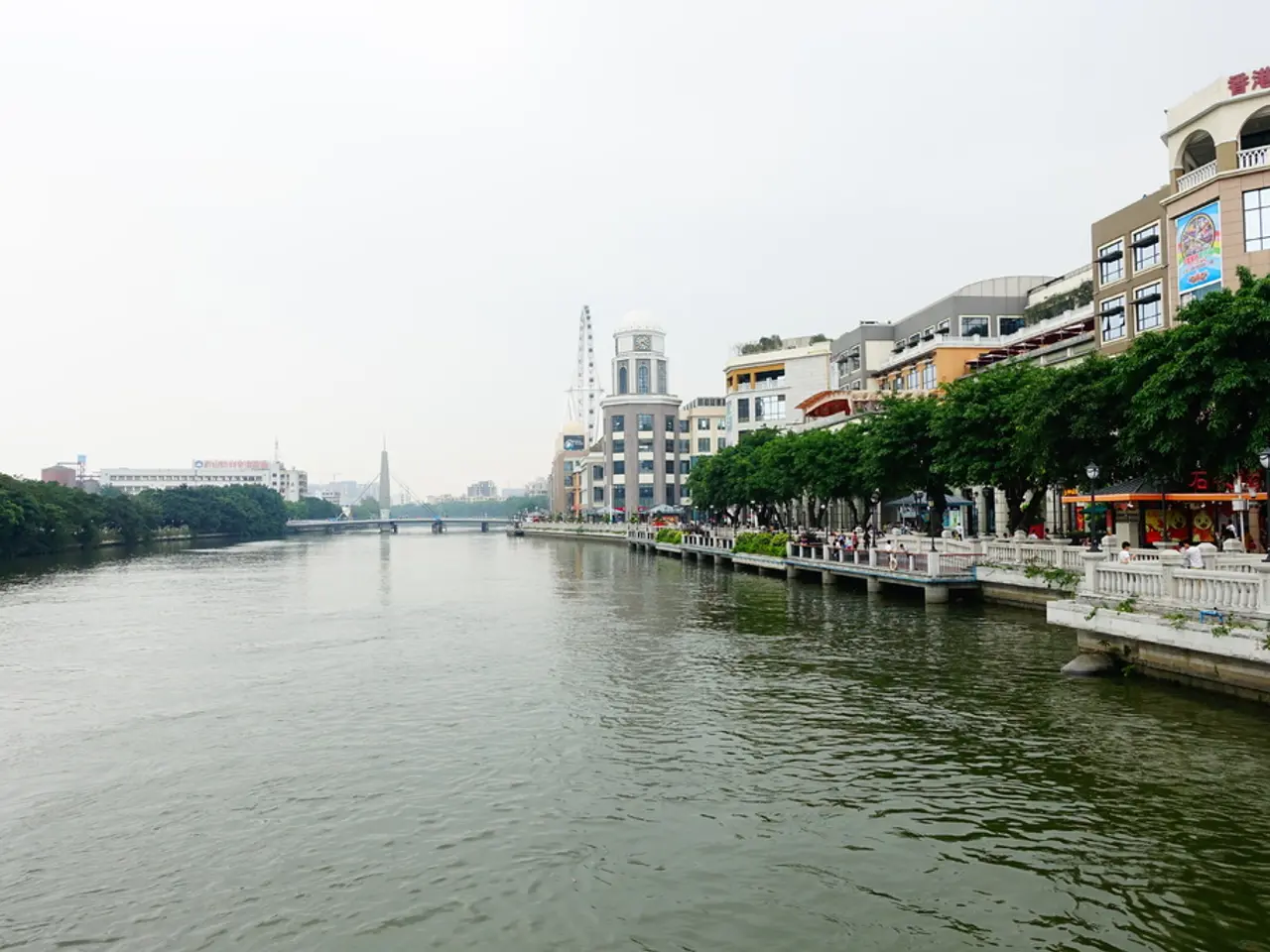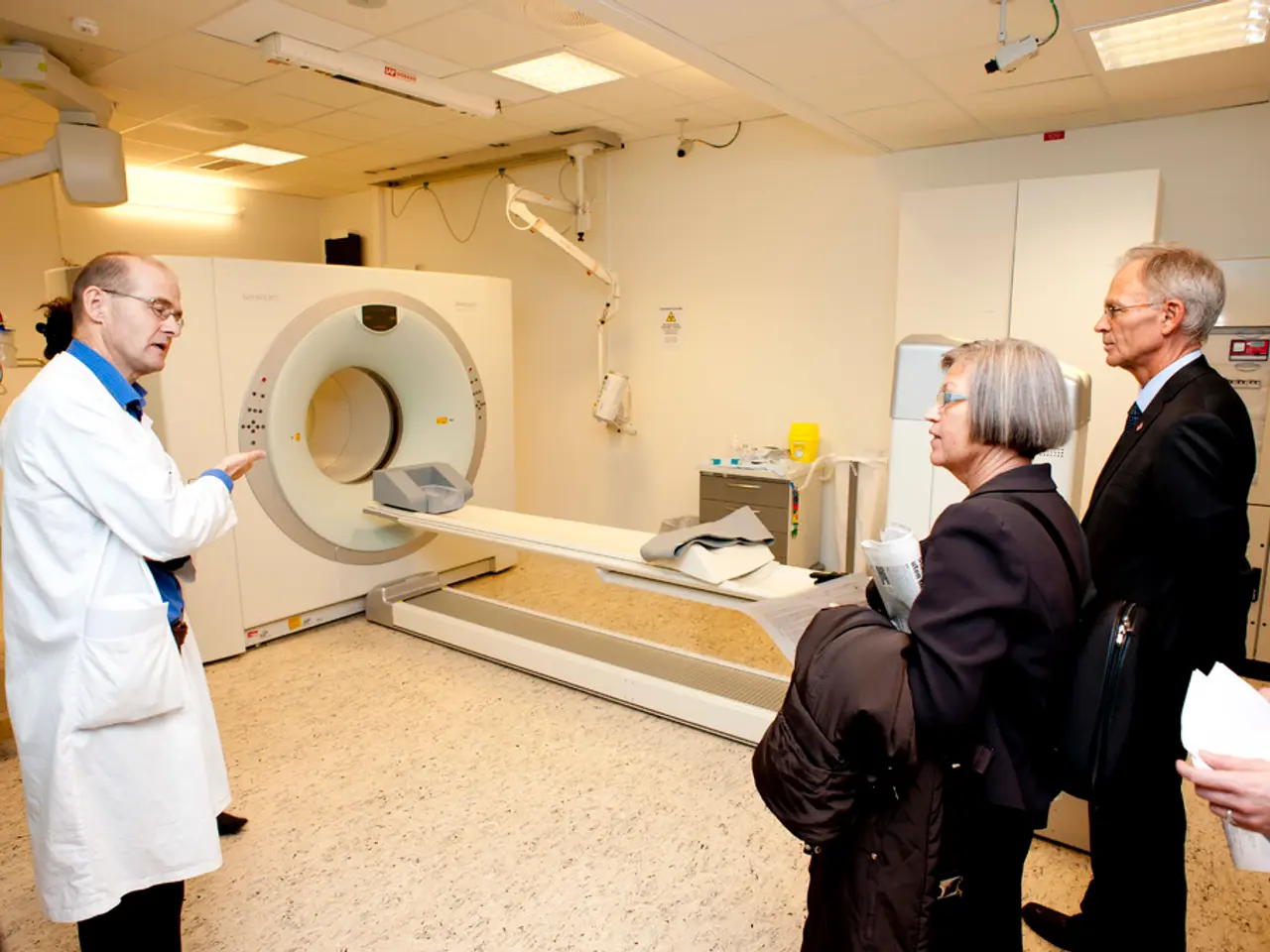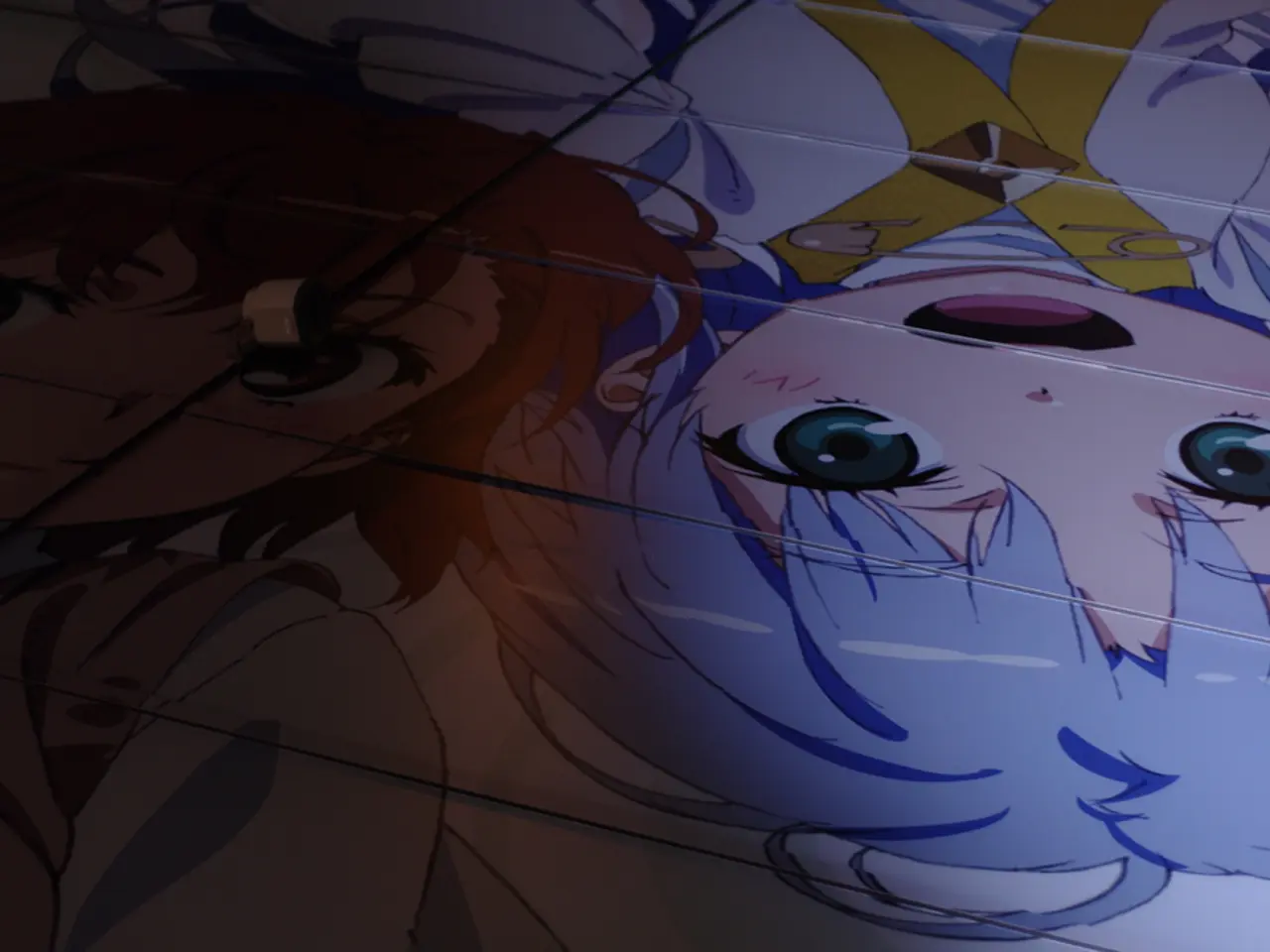Apprehension spreads among Russia's political elite, a palpable sense of unease enveloping their ranks.
Since the onset of the Ukraine offensive in 2022, there has been a significant increase in corruption investigations and arrests targeting the political elite in Russia and its associated spheres. This escalation can be attributed to several factors, each with far-reaching implications for the political system.
### Causes of Increased Corruption Investigations and Arrests
The military conflict has intensified scrutiny on political figures and their finances, resulting in urgent and strategically timed arrests to prevent suspects from fleeing or destroying evidence. This suggests a high-stakes environment where law enforcement acts swiftly to assert control and signal accountability within elite circles.
Another cause is the internal power struggles and purges that have been exposed, such as the Wagner Group's mutiny against Russian leadership in 2023. In response, targeted arrests of key figures and associates linked to corruption might serve to consolidate power internally and remove rivals or disloyal factions.
Increased public and international pressure, particularly due to sanctions and global condemnation of Russia’s actions in Ukraine, has also shone a spotlight on corruption as a vulnerability. Authorities seeking legitimacy or to demonstrate governance reforms might pursue corruption probes more aggressively.
### Effects on the Political System
The unraveling of tightly knit political and business circles through arrests has weakened elite networks and created political uncertainty. The timing and manner of enforcement suggest that anti-corruption campaigns are used as tools for political maneuvering and disciplining opponents within the elite.
This crackdown could potentially lead to increased authoritarianism, as the regime tightens controls and suppresses dissent under the guise of anti-corruption. However, this paradoxically may worsen transparency and governance in the long term.
While some citizens may welcome crackdowns on corruption, the perceived selectivity and political motivations behind detentions might deepen cynicism toward the political system.
### Notable Cases
One notable case is that of Roman Starovoit, the former Transport Minister, who was fired by Vladimir Putin and later died under suspicious circumstances, with investigations suggesting corruption. His successor at the head of the Kursk region, Alexei Smirnov, was arrested on embezzlement charges.
The funeral scenes of Starovoit were reminiscent of "The Godfather" movie, with former colleagues declining to comment and quickly leaving. Observers note a wave of repression against high-ranking officials accused of enriching themselves during Russia's offensive in Ukraine.
In early July, former Deputy Defense Minister Timur Ivanov was sentenced to 13 years in prison. Andrei Pervozvys, an analyst, suggests that Starovoit was made a scapegoat for the advance of the Ukrainian army.
Political scientist Tatjana Stanowaja notes that the system in Russia is running "completely differently" since the offensive in Ukraine in February 2022. She warns that the system will be ready to sacrifice prominent personalities in the future.
In conclusion, the increase in corruption investigations and arrests since the Ukraine war offensive reflects both a tactical response to elite fragmentation and external pressures, and a strategic tool for political consolidation. This shift reshapes Russia’s political landscape amid ongoing conflict and instability.
The European Union, recognizing the escalated corruption within Russia's political system as a result of the Ukraine offensive, is increasingly committed to a common defence policy aimed at addressing such issues. Meanwhile, the arrests and investigations in Russia, such as those of former Transport Minister Roman Starovoit and Deputy Defense Minister Timur Ivanov, have been met with cautious observations from political analysts, who suggest these crackdowns serve dual purposes – asserting control and signaling accountability, while also being used as tools for political maneuvering and disciplining opponents within the elite.
